uruvilla was the name given to me. It means “one belonging to the Lord.” The name is common among the Christians of Kerala, in the south of India, who trace the origins of their community back to St Thomas Didymus, the “doubter” and the twin.
As I matured into adulthood, I chose “Kuru” as a nickname. It sounded dignified. But I had another nickname first, in my college years. I was called “Kuruvi.” It means sparrow in my native Malayalam language.
I wish I had kept that name.
My son’s middle name is Kuruvilla, and, in a curious turn of events, my son-in-law’s middle name is also Kuruvilla. At one time in our family’s life, all three of us and our wives experienced a series of crises. That was when I first thought about our family as a little flock of sparrows. Jesus said that our father in heaven cares for the sparrows. We needed his promise to ring true through the flesh, bones, bricks, and stones of our family.
In India, people do not build houses for birds to nest in. Rather, we set up screen doors and wire mesh shutters on windows to keep the birds and insects out. In earlier times, it was a familiar sight to see birds flittering in and out of church buildings, where they would find a place to nest in the high rafters. While we might chase the birds out, God does nothing of the sort. He made them. He wants them to inhabit his world. As David poetically proclaims, “Even the sparrows have built a nest, and the swallows have their own home; they keep their young near your altars” (Psalm 84:3).
Earlier this year, I experienced a profound moment that once again reminded me that God takes care of his kuruvi.
As birds find a place in God’s habitation, our heavenly Father is not one who stands by helplessly. As my family of sparrows nested in his presence, he nestled us, offering the peace of his presence and the fellowship of prayer surrounding us.
Each month, I take a variety of blood tests and the reports go to my oncologist and diabetologist. On a Monday in March of 2021, after the blood extraction had been completed, I stopped at three shops to pick up supplies for our home, including a dozen eggs in a plastic bag. Having finished my errands, I steered my scooter through the bustling streets of Trivandrum on my route home at a speed of about 40 kilometers per hour.
Suddenly and without warning, I lost consciousness and momentarily blacked out. When I regained my senses, I found myself about to collide with the back end of a large, stationary lorry. With a sickening thud, my left shoulder rammed into its sharp edge. I lost control and toppled off the scooter. I stood immediately, and promptly fainted again.
The next thing I knew, a group of men had picked me up and carried me to the side of the road. After the chaos of the situation settled, I inspected the results of the accident. My knees were bruised and swollen, and a long gash had opened on my shoulder. A passing van driver gave me a lift home and the lorry driver rode my scooter back. The two men helped me to my flat and stayed for about half an hour to ensure I would be all right.
In my part of India, government hospitals are often crowded and medical attention delayed by lengthy administrative procedures. To avoid the congestion in the midst of my injuries, my wife took me to a hospital run by Catholic nuns who are famed all over India for their medical institutions and nursing homes. The doctor examined my shoulder and said there were no bones broken, but the swelling under my left knee had collected blood and would need to be drained surgically the next morning.
After the initial attention to my shoulder, my wife and I had to undergo COVID-19 testing and waited restlessly together in the hospital. While awaiting the test results, I received a lab report that sent a shock through our system: my platelet count was down to 15,000, far below the healthy minimum of 150,000.
Before I was diagnosed with chronic lymphocytic leukemia, a hematological cancer, I had no idea what platelets were and what purpose they serve in the body. I quickly found out that they are required for blood to clot. If you don’t have enough platelets, you can easily bleed to death.
In that moment, we decided to relocate to the private hospital where my oncologist and his team work. There followed four days of treatment to raise the count of platelets, and then I was sent home to continue with oral medication.
As I arrived home, I went to check the consequences of my accident. I inspected the bag I had been holding on my scooter at the time of the crash. Shockingly, no eggs had broken during the carnage. It seemed one small miracle of many that day. First, slamming the metal edge of a lorry at 40 kilometers should have shattered my shoulder bone, but it didn’t. Next, with such a low count of platelets I should have bled severely and unstoppably, but that didn’t happen, either. Finally, the blood reports coming in while waiting for COVID-19 results saved me from undergoing a surgical procedure that might have killed me. That day, clearly, God had his eye on this one sparrow that had fallen.
In India, these creatures are often viewed as nuisances and people take every measure to drive them out of their homes. They are not worth much. They do not offer even a mouthful to eat. Yet God cares what happens to them. “Not even a sparrow, worth only half a penny, can fall to the ground without your Father knowing it. And the very hairs on your head are all numbered. So don’t be afraid; you are more valuable to Him than a whole flock of sparrows” (Matt. 10:29-31).
As I have come to a fuller understanding of the power of my name and the promise it holds, I know now that God cares for each sparrow. God knows and God allows what happens to my little flock—my sons and daughters and their families too. When he allows trial and troubles, he also gives us the grace to endure, and the wisdom and discernment to handle difficult situations. He gives us strength. He gives us hope.
I return time and again to the work of Ethel Waters, who often sang at Billy Graham’s Crusades. She famously sang the gospel song “His Eye is on the Sparrow.”
Waters was born to a 12-year-old who had been raped by a white man. She chose the name of the song for the title of her autobiography because she felt that God had watched over the little sparrow she was. I echo her sentiments. I have lived my life as a sparrow that God cares for.
“Why should I feel discouraged,
Why should the shadows come,
Why should my heart be lonely,
And long for heaven and home,
When Jesus is my portion?
My constant friend is He,
His eye is on the sparrow,
And I know He watches me
I sing because I’m happy,
I sing because I’m free,
For His eye is on the sparrow,
And I know He watches me.”
What happens to us here is not the end. The individuals and institutions, principalities and powers that attempt to destroy us are ascendant in India today. They will not succeed. A new day comes. God watches over his sparrows. I know I belong to him. I know he watches me. And I know one day he will bring us home and we will nest among the rafters in his holy habitation.
Cover Photograph by Annie Spratt
Enjoying the Globe Issue?
Order your Deluxe
Print Edition Today!
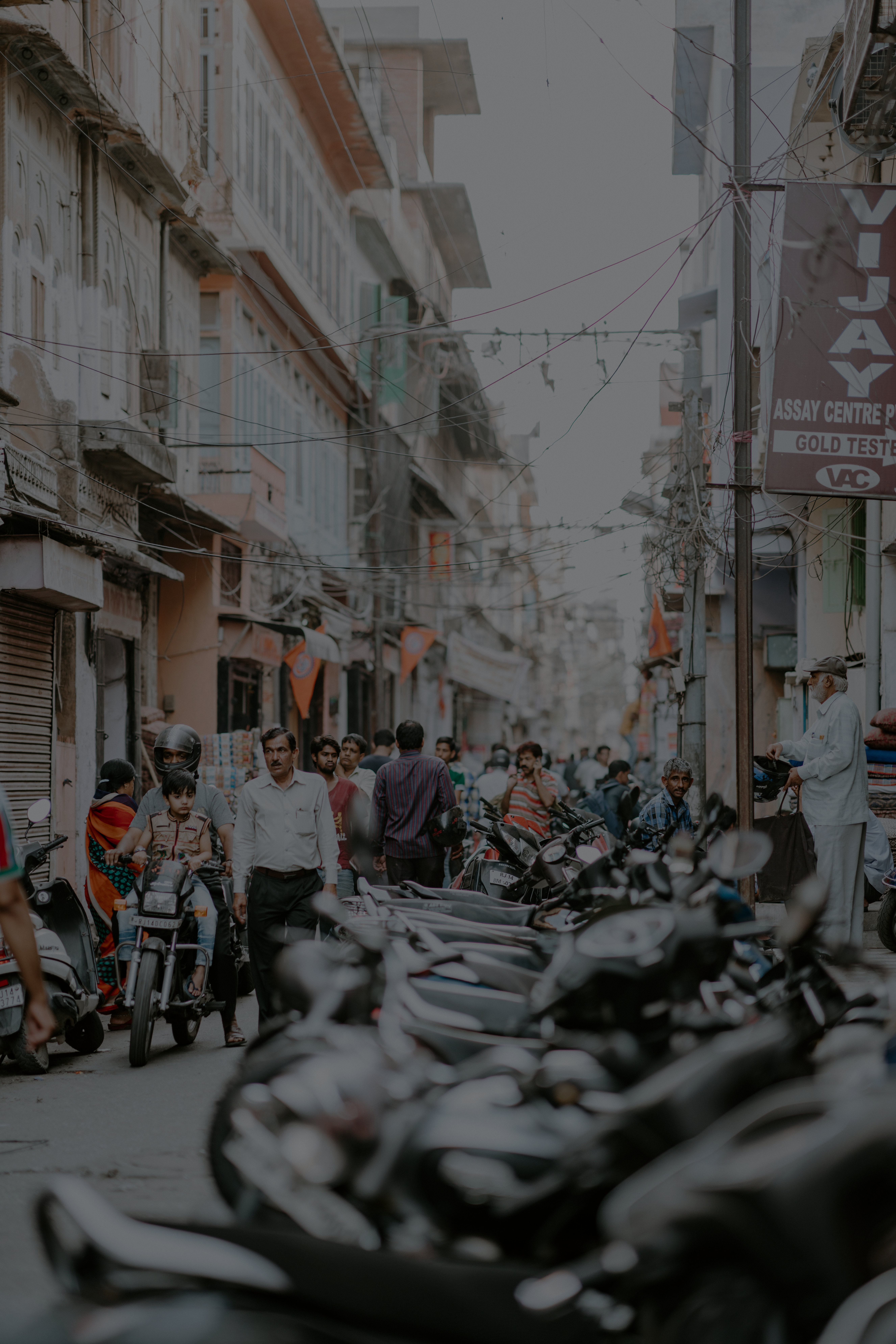

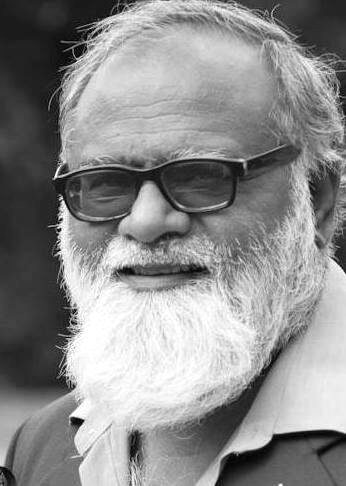


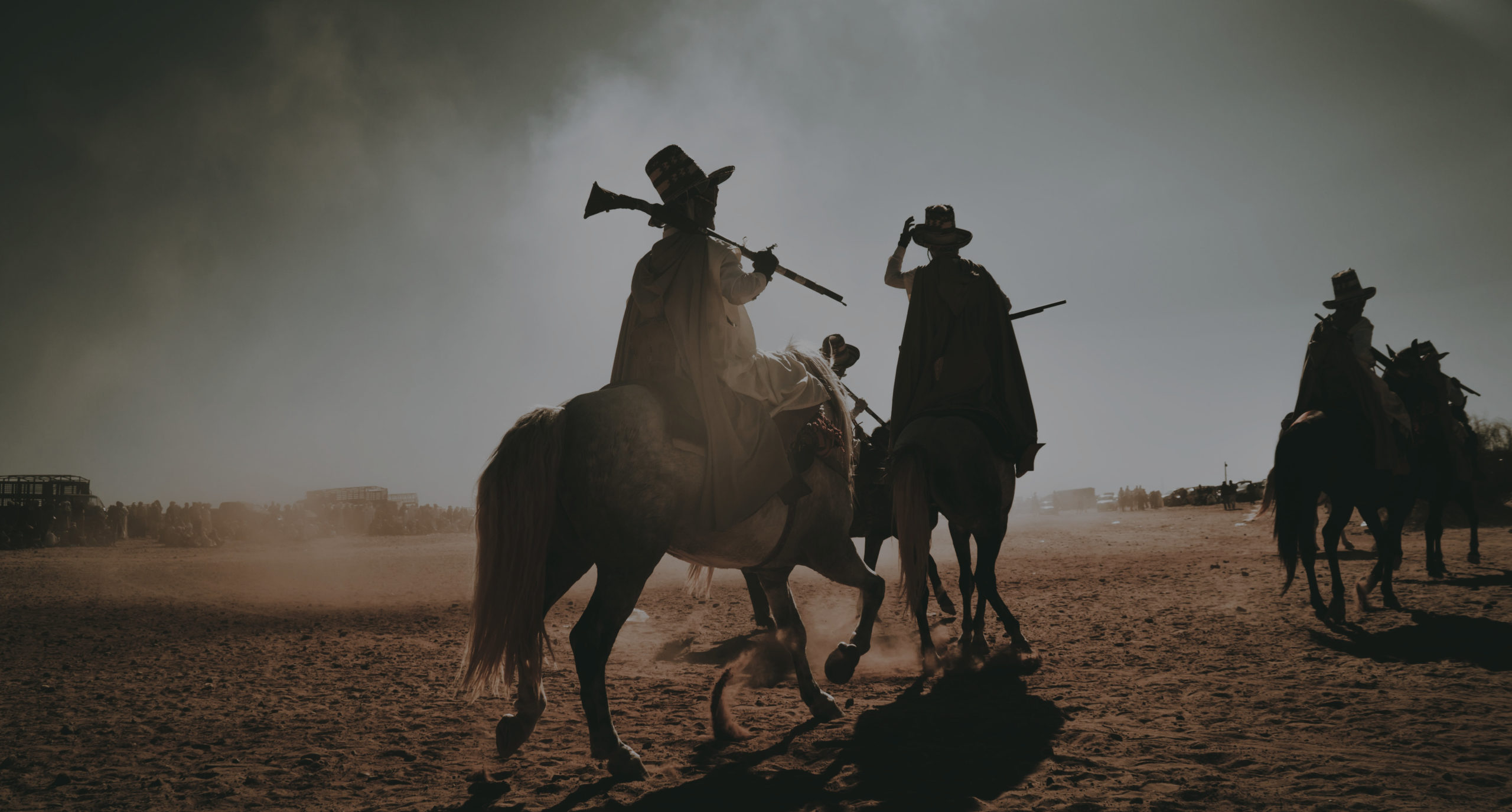
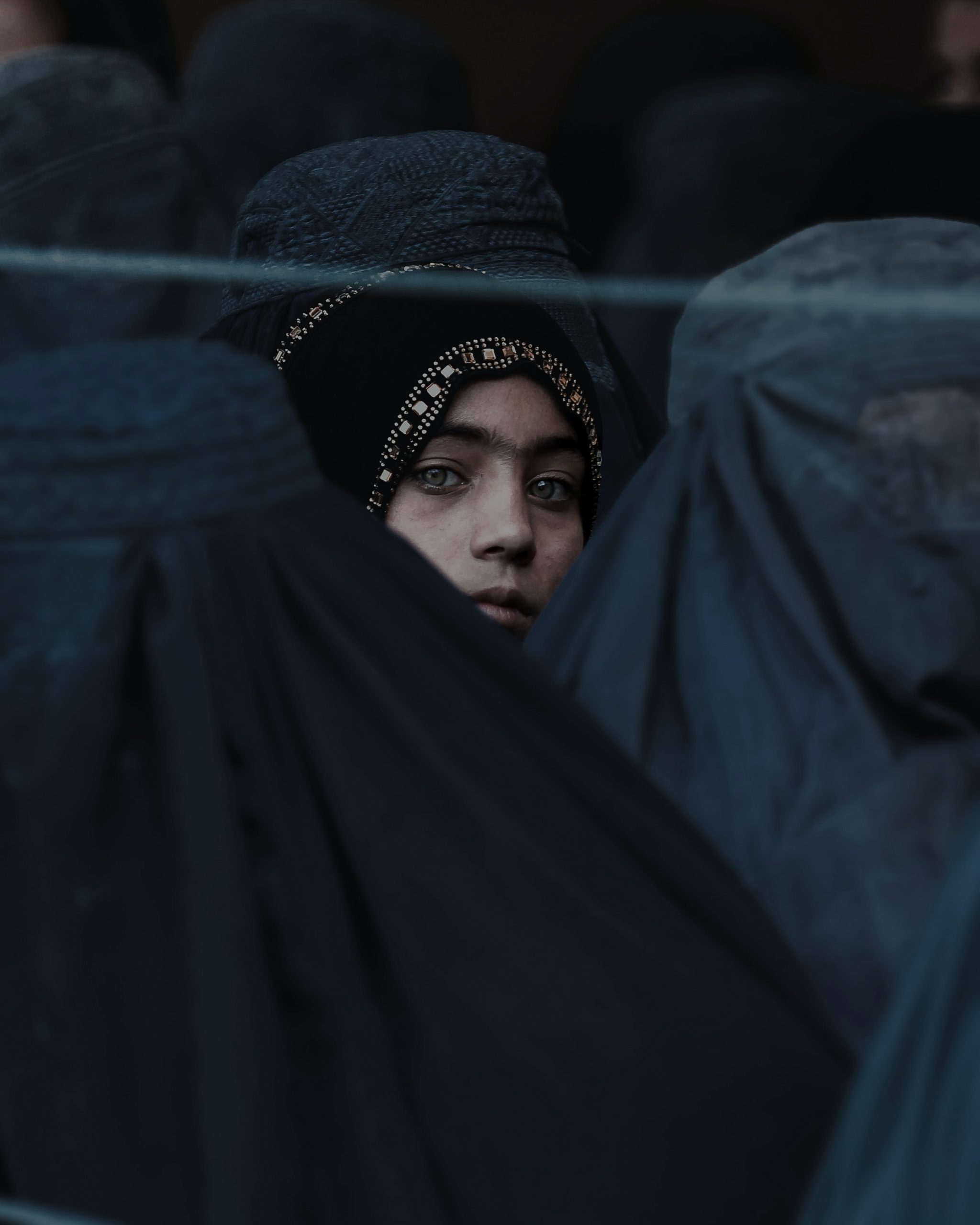
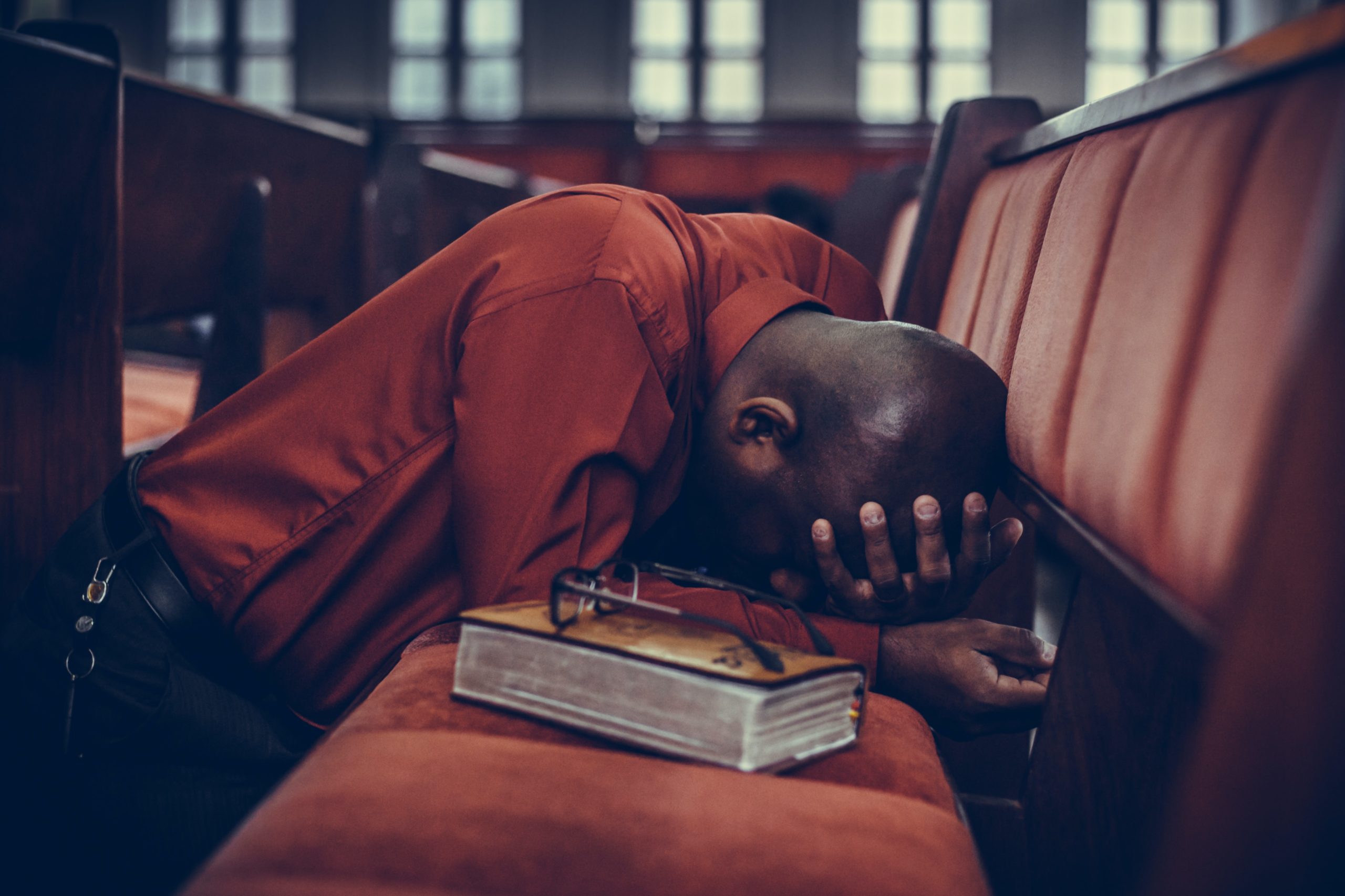
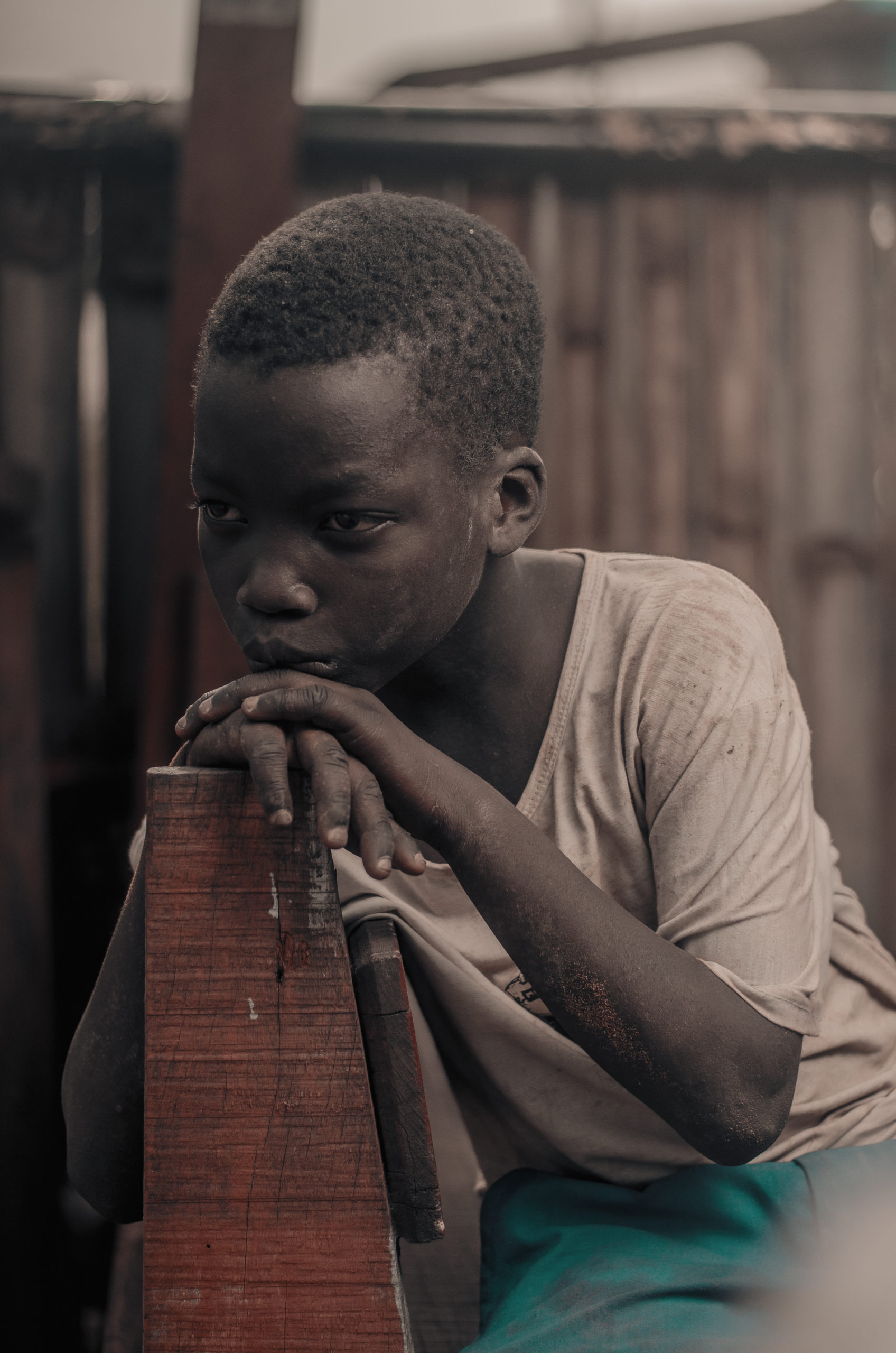
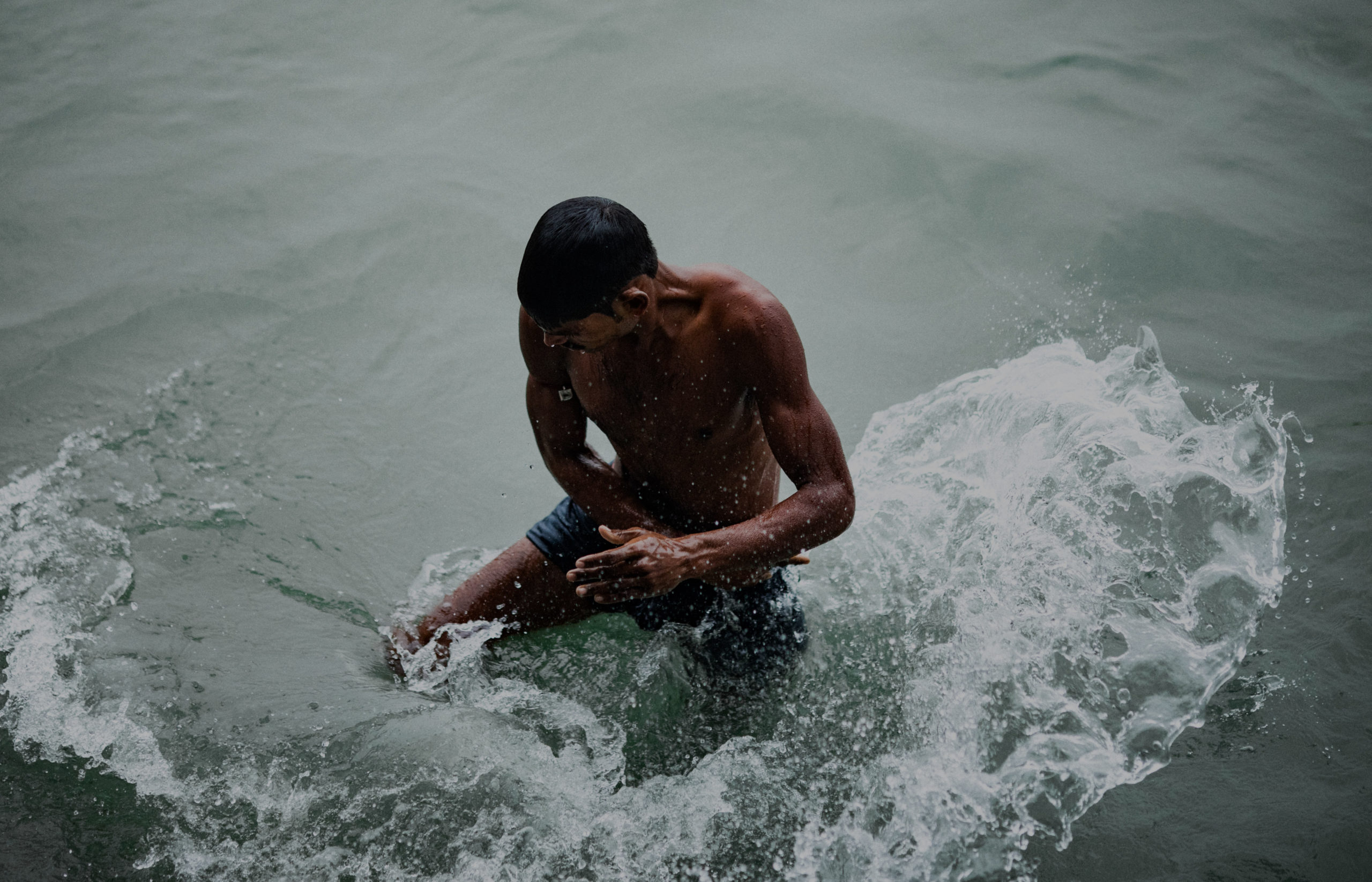
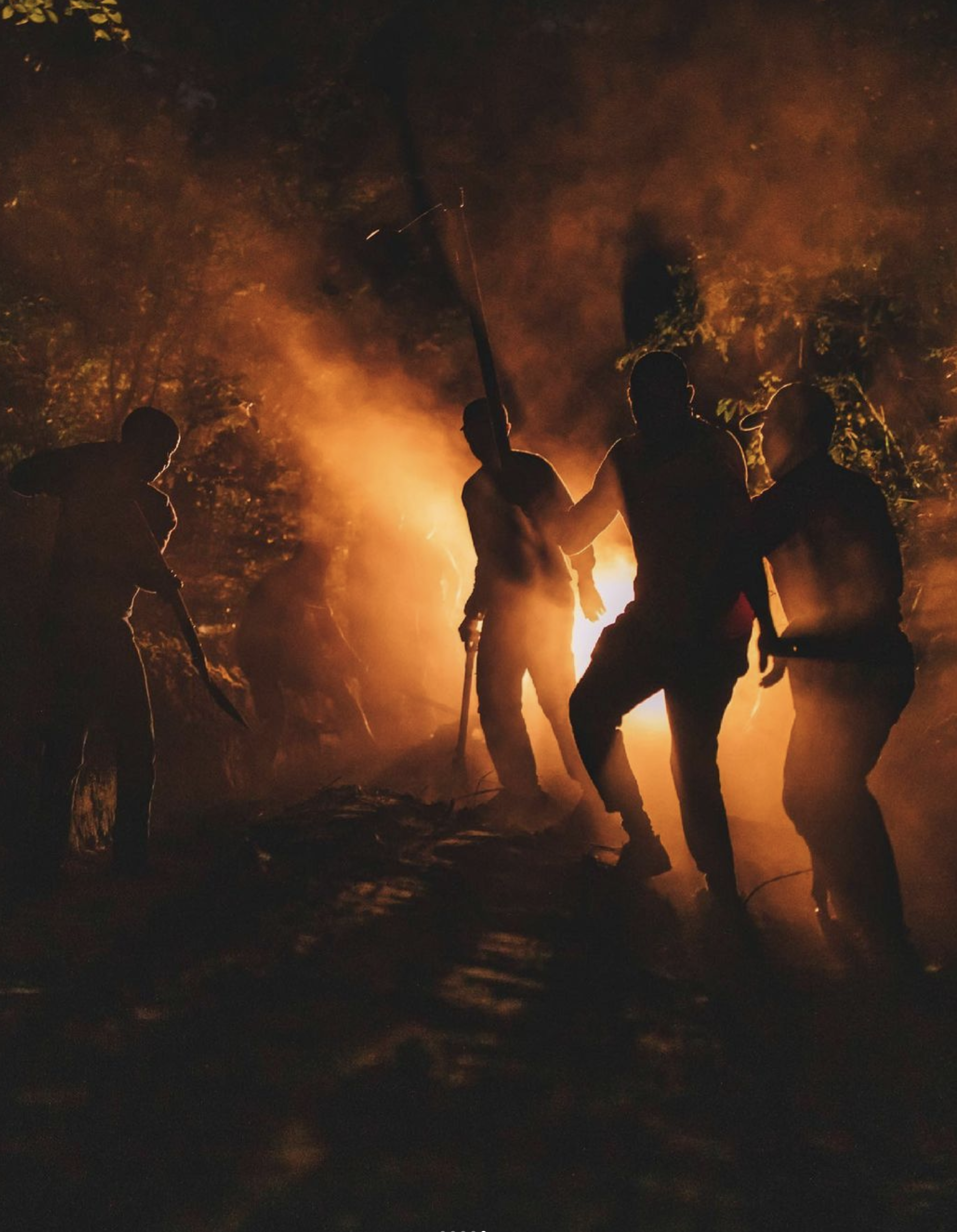
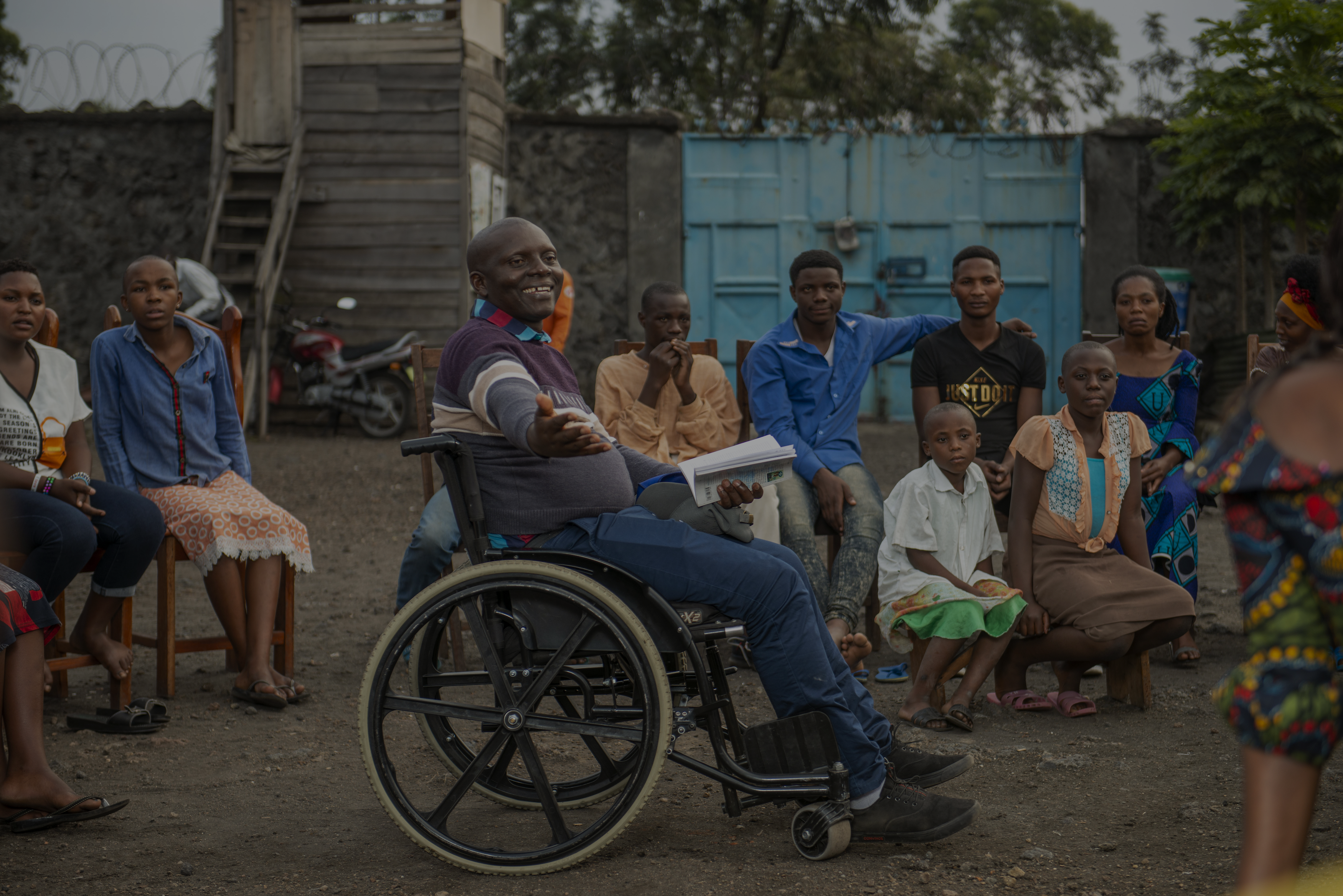

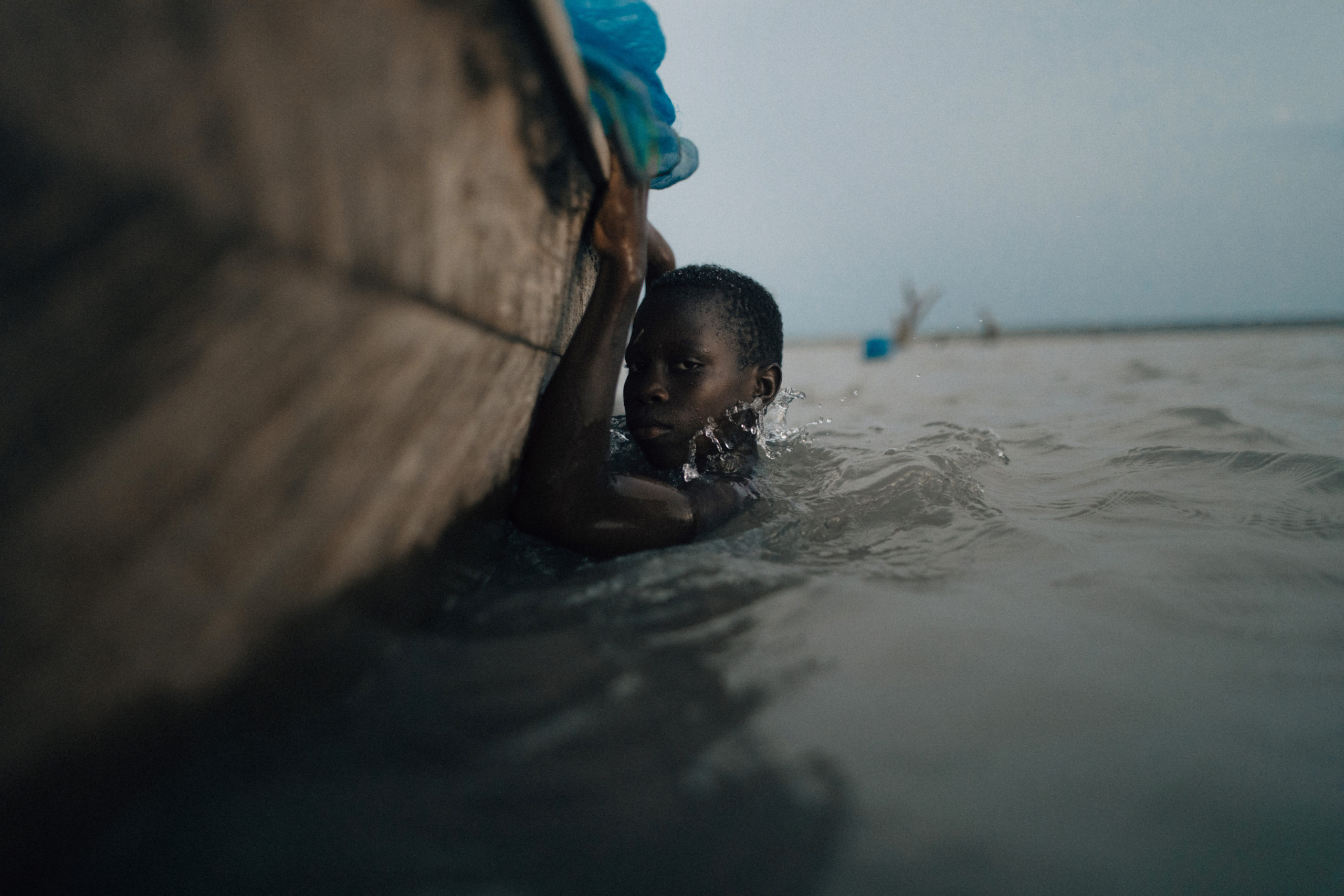


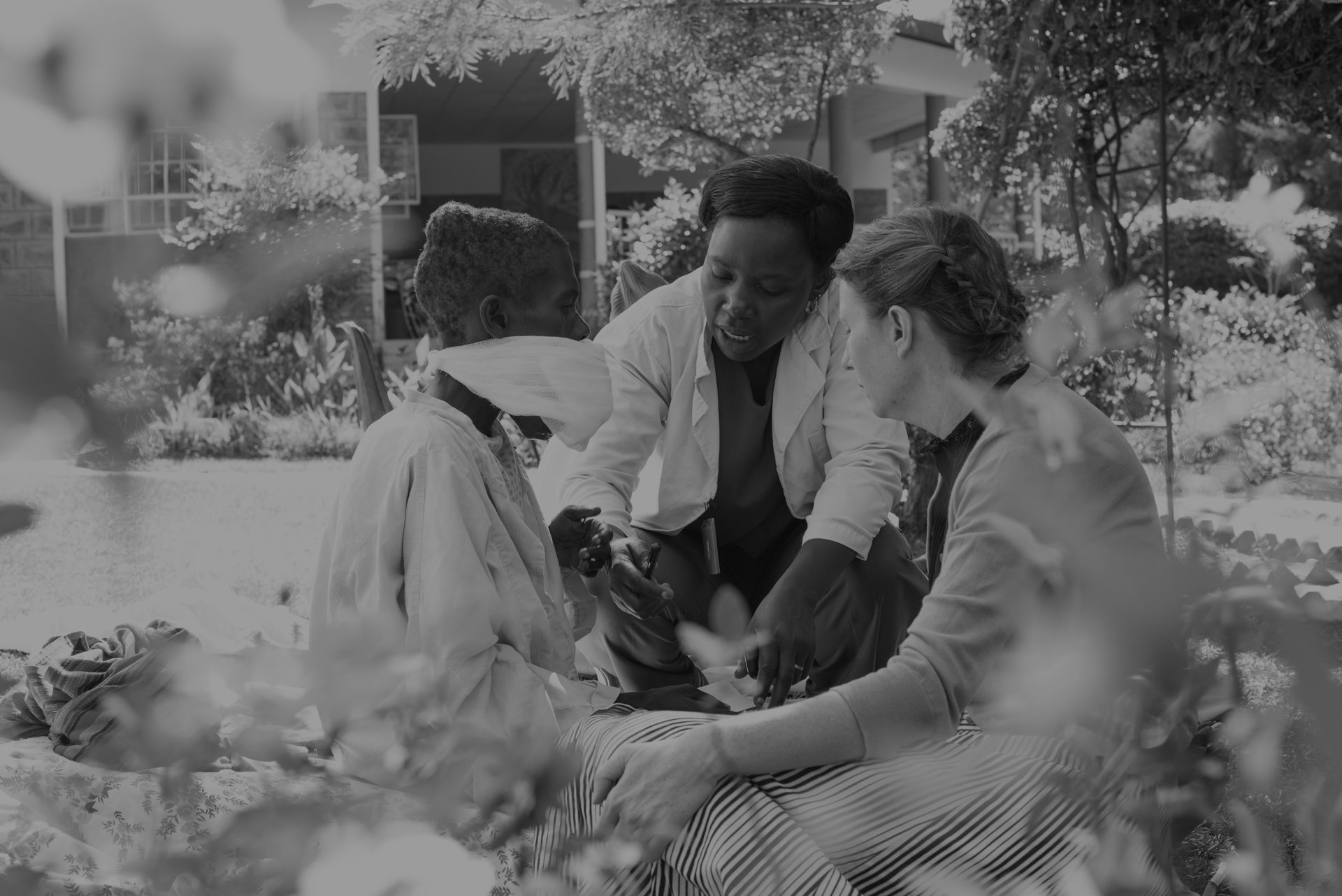

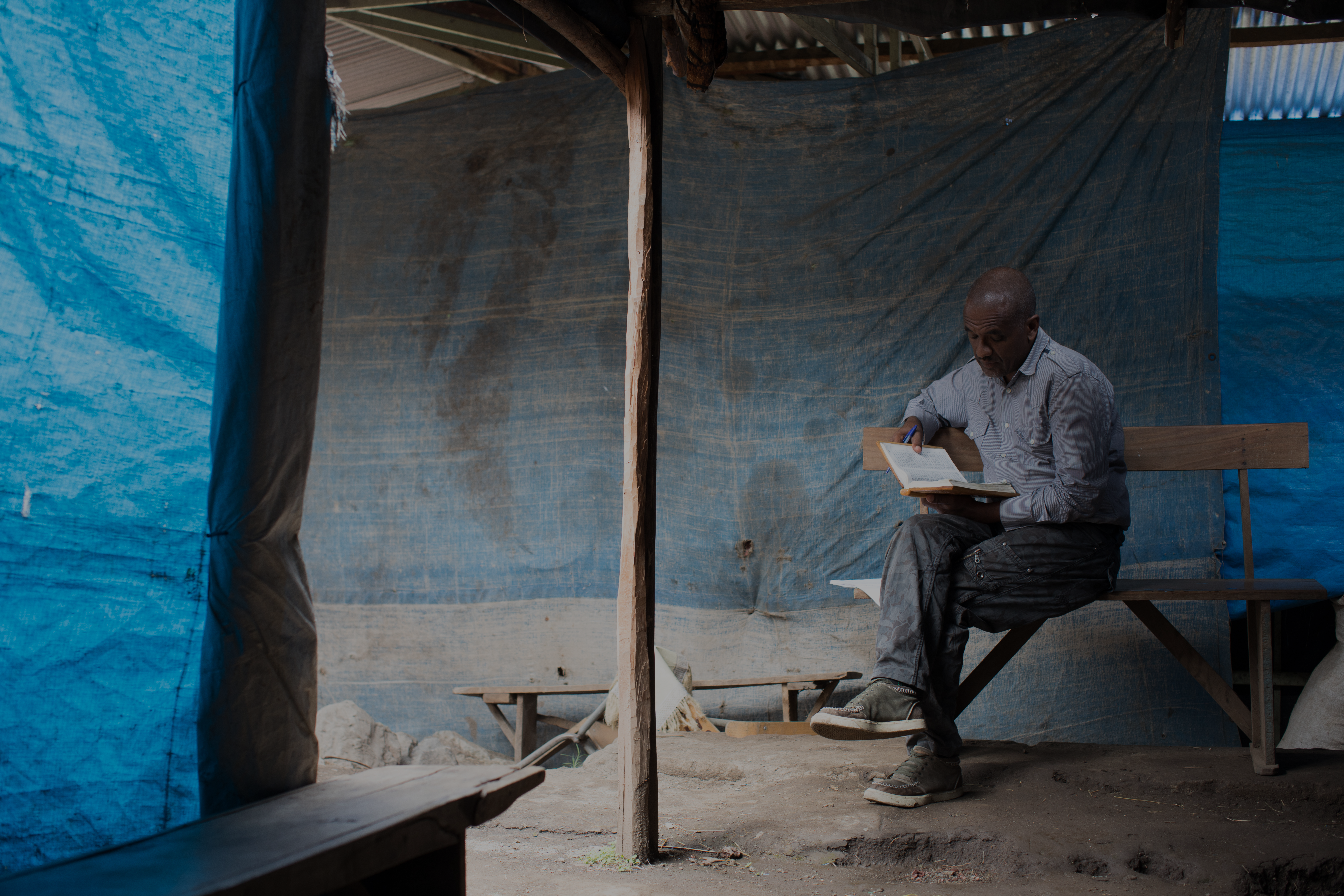
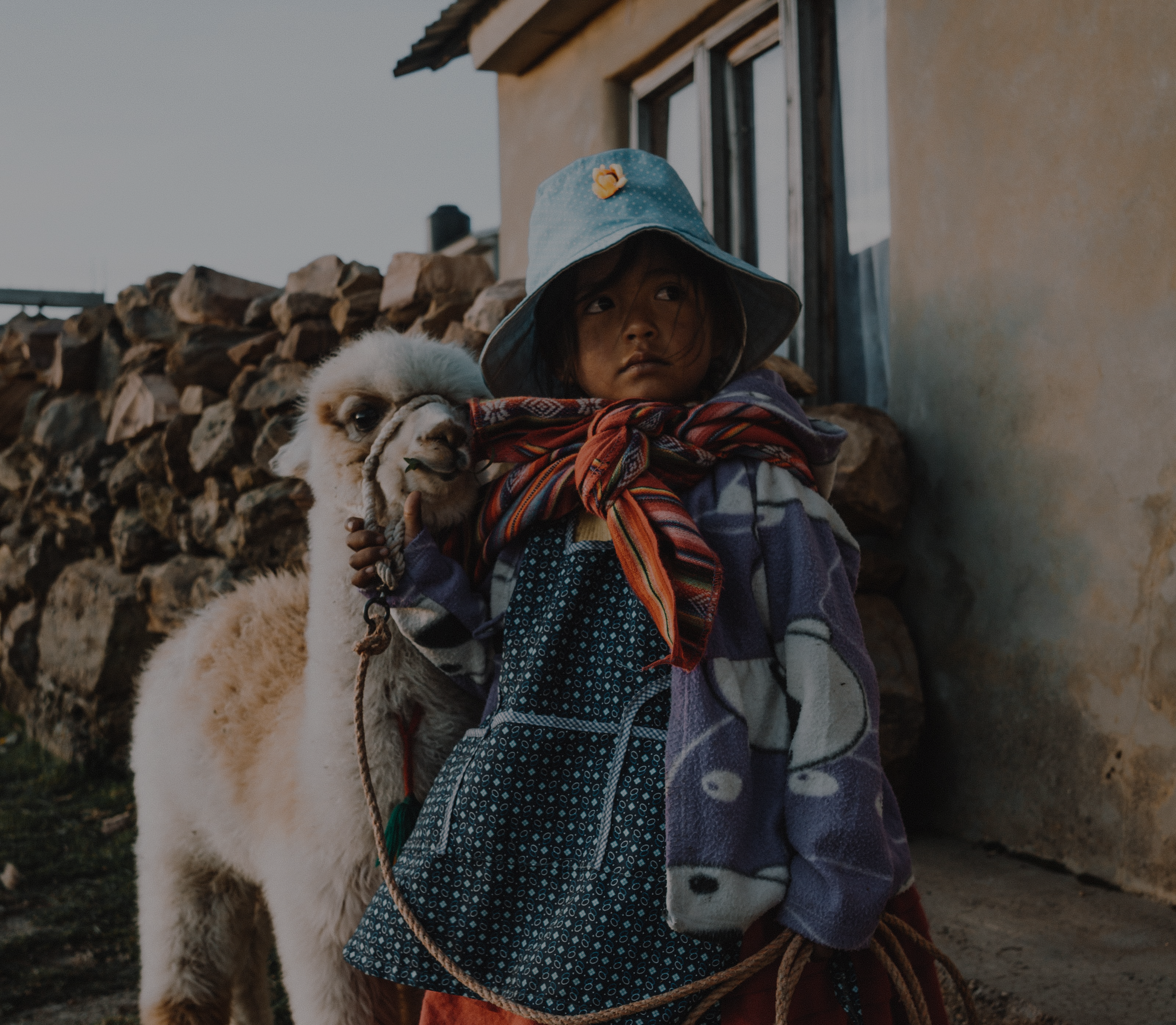
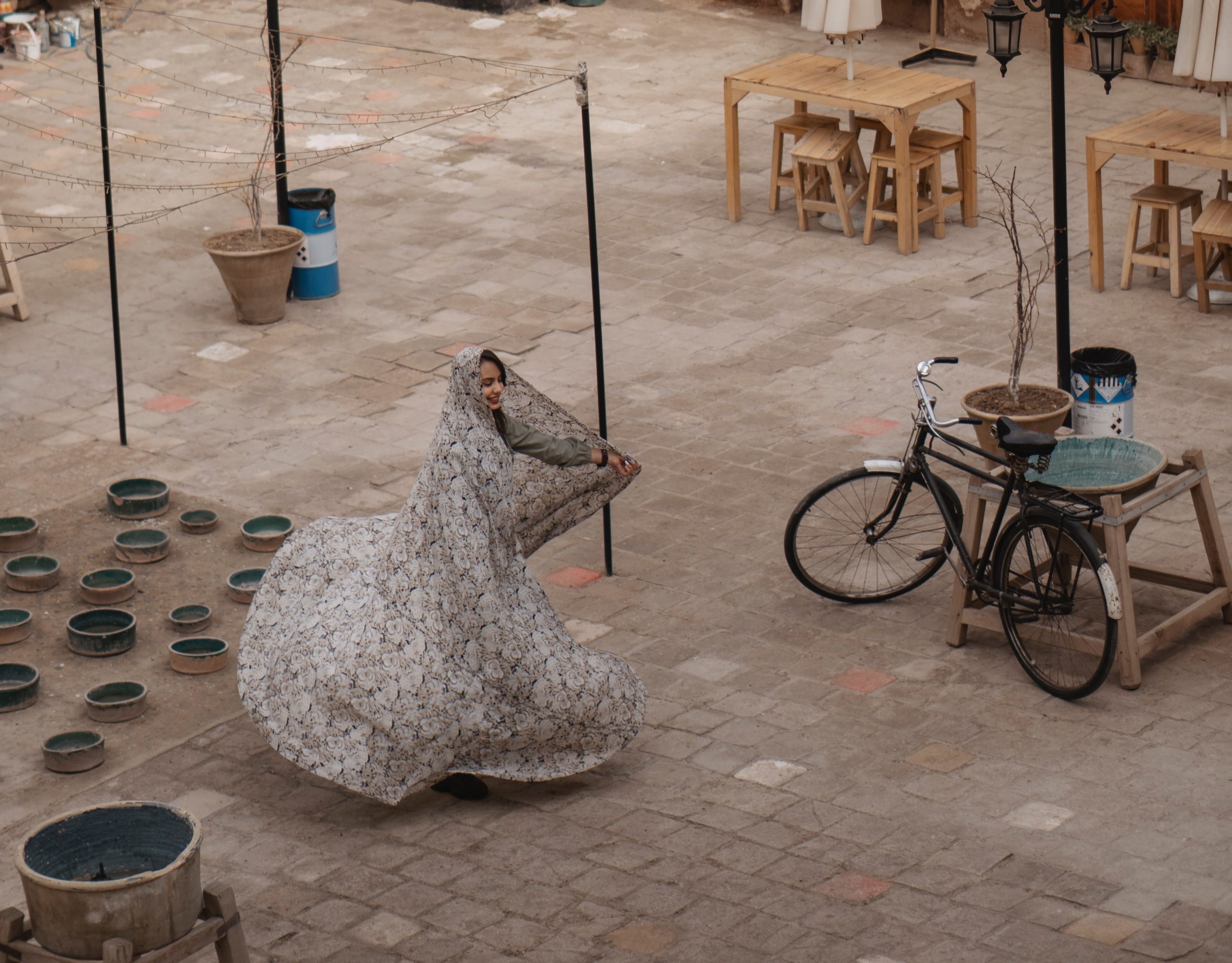



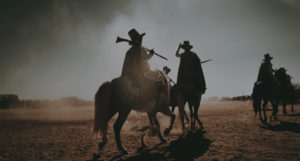
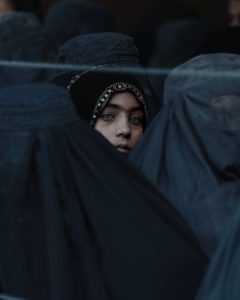
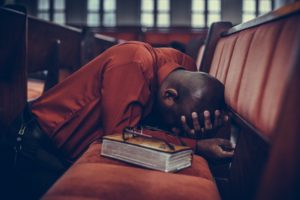
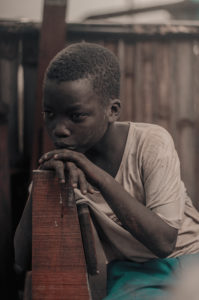
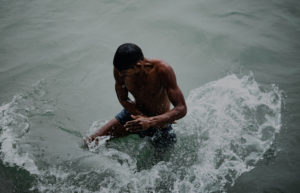
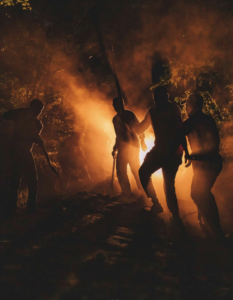
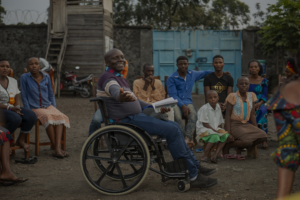

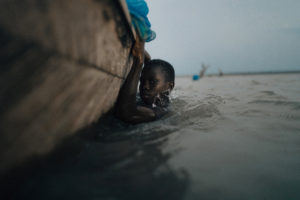


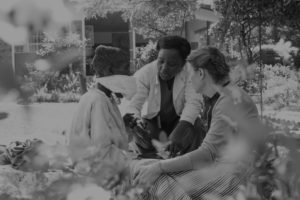

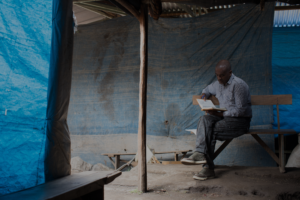

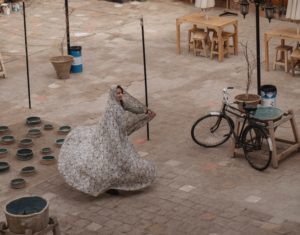

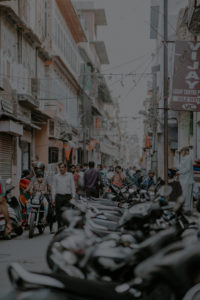
Share Article